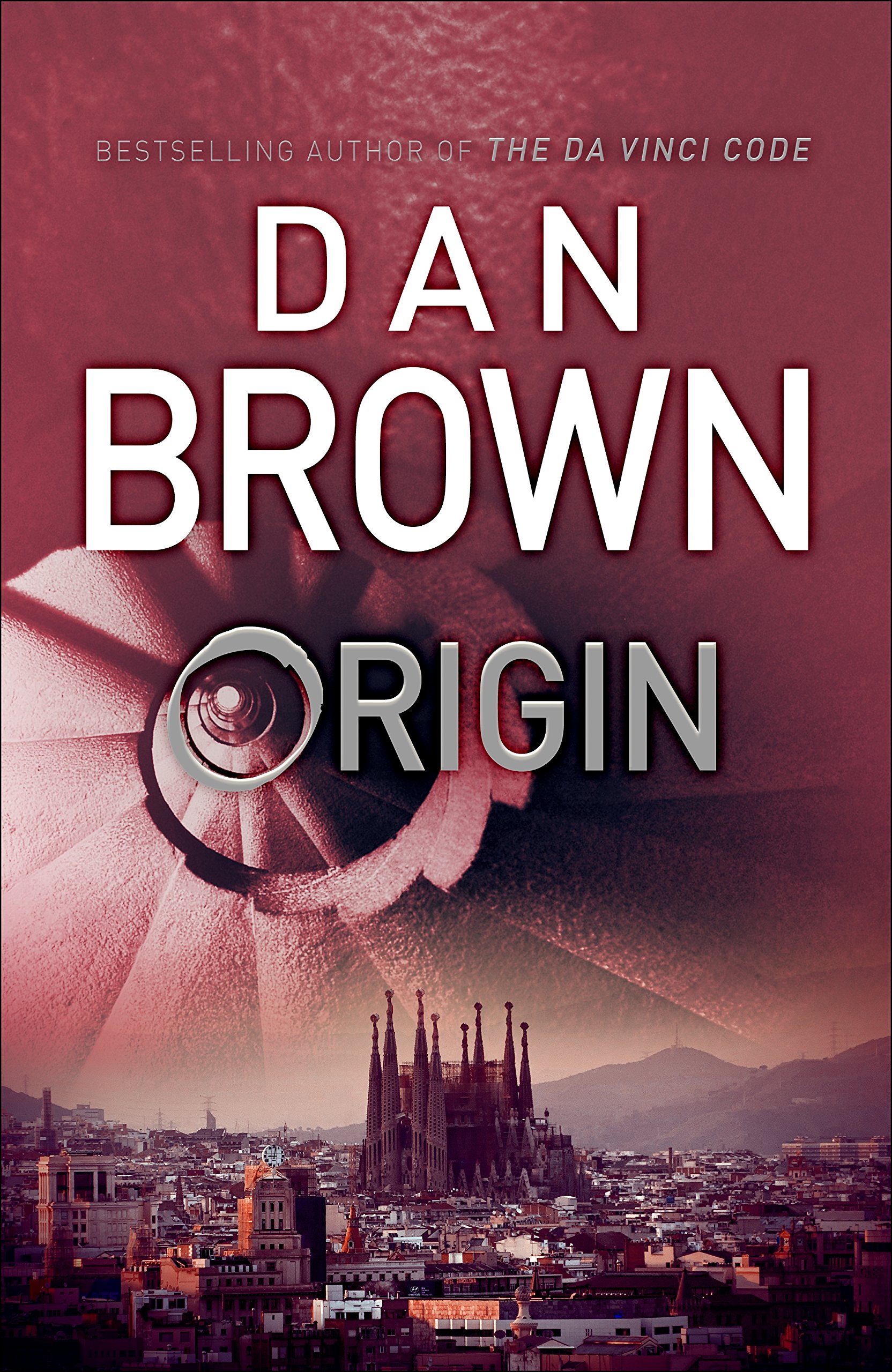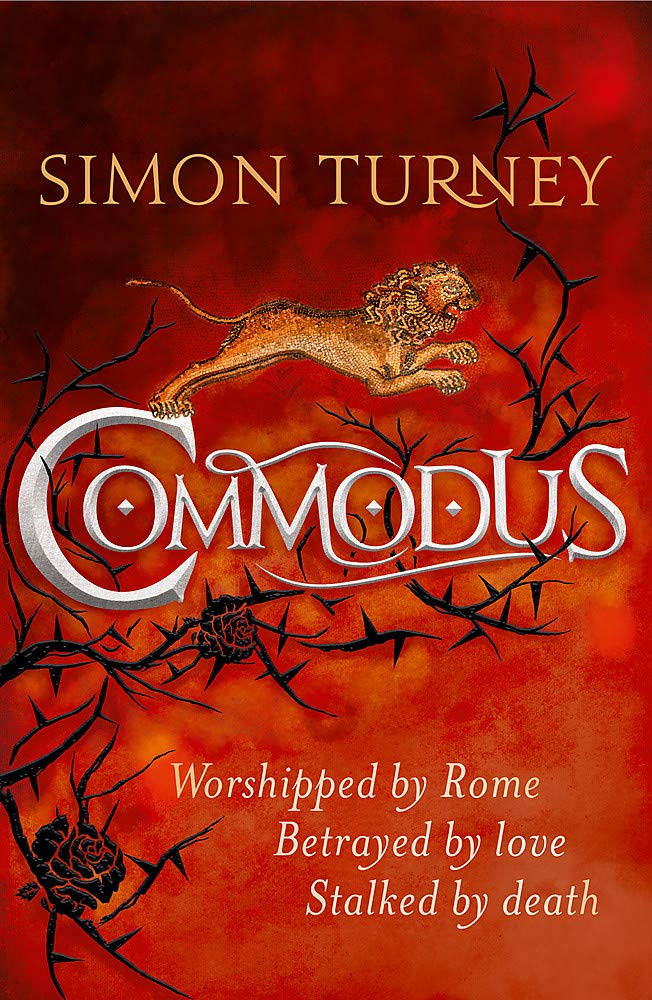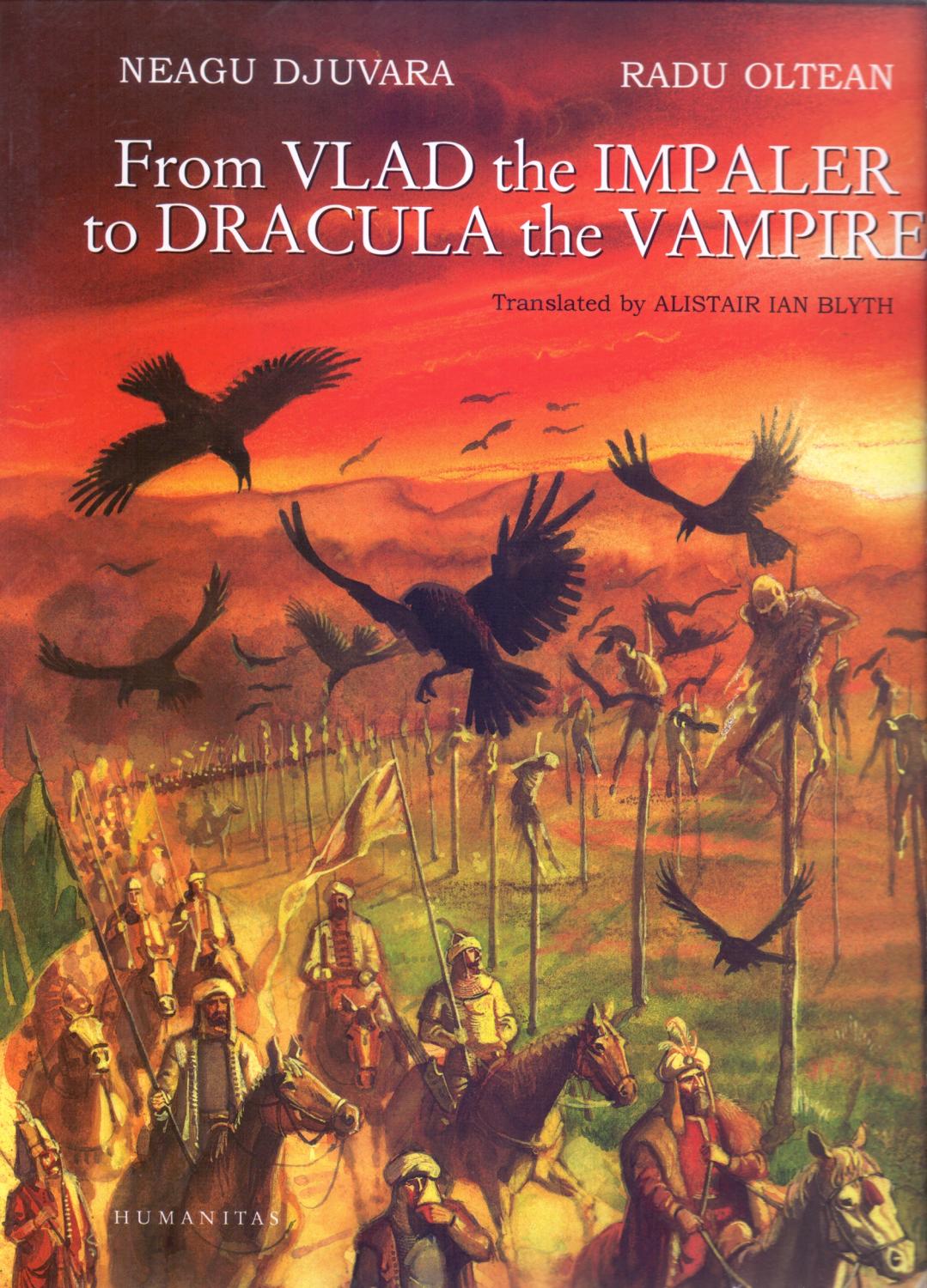Hartia suporta orice, dar nu orice e pe hartie poate fi numit literatura.
E o fraza buna, si nu vad inceput mai potrivit pentru a vorbi despre cartea asta a lui Constantin Arcu, cea mai premiata si mai de succes a sa, conform autorului. Acum, stau si ma intreb daca exista vreo logica in a scrie recenzii proaste. Bineinteles, o recenzie proasta bine scrisa e delicioasa dar, delicioasa sau nu, aduce cu sine riscul unei flexari de ego cel putin la fel de inoportuna ca opera pe care o critica.
Stiu ca e preferabil sa nu spun nimic mai degraba decat sa spun ceva urat, incerc sa respect cele trei filtre socratice (e adevarat? e folositor? e marinimos?) si mai stiu si ca am mai cazut in capcana criticii prea acide. Numai ca uneori dai de cate o carte pe care citind-o te simti atat de tare escrocat incat simti nevoia sa-ti avertizezi cumva semenii.
Imi place sa cred ca sunt mai intelept decat acum 10 ani, asa ca nu mai emit judecati de valoare asupra autorului, dar voi fi foarte greu de convins sa mai incerc vreun alt roman al dansului.
Pana la urma, o carte proasta poate scrie oricine, si nu e neaparat vina cuiva; cine stie, intre idee, minte, creion, hartie si cititor pot interveni atatea si-atatea alterari incat ce a plecat e departe de ce e receptionat si chiar de n-ar fi, diversele adevaruri ale autorilor sau ale cititorilor nu au neaparat validitate dincolo de persoanele care adera la ele. Nu e insa pentru mine nici o indoiala - Faima de dincolo e nu doar o carte proasta, e o ciorna care s-ar intoarce plina de corecturi dupa primul filtru al unui editor decent. Faptul ca a castigat un premiu ma duce cu gandul la acelasi gen de coruptie morala marunta care este firul rosu al romanului. Sau, ca sa-l parafrazez pe Nick Hornby 'Premiul Uniunii Scriitorilor? Ar trebui sa mi-l dea mie ca te-am citit!'
Si nici macar nu e vorba de stilul dezlanat al povestirii - intre noi fie vorba, in a doua parte romanul chiar incepe sa aiba cat de cat logica, semn ca 3-4 rescrieri ne-ar fi adus aproape de ceva decent. Nu e vorba nici de povestirea care sare brusc din persoana a 3a la persoana 1 in capitolul 18, demascand astfel identitatile oricum stravezii ale personajelor - pana la urma asta poate fi un procedeu stilistic avangardist, si cine suntem noi sa-i judecam efectul?
Nu ma gandesc nici macar la faptul ca eroii, asupra carora ni se cere, pare-mi-se sa ne aplecam cu oarecare simpatie, sunt cu totii simptomatici pentru o societate defecta, corupta pana la disfunctionalitate si, stim cu totii, probabil irecuperabila daca n-ar fi fost eforturile uriase ale lumii occidentale. Exista multa literatura de calitate care descrie o asemenea lume, chit ca Dickens sau Dostoievski inteleg perfect venalitatea universelor lor si nu pretind nici un pitoresc, realist sau simpatic pentru ele.
Dar cum, Dumnezeule mare, in anul 2011, sa publici o carte in care autorul accepta si afirma cu veselie inferioritatea tiganilor si a femeilor, arunca vagi arome de antisemitism apropiindu-se la un moment dat de o apologie a holocaustului, chit ca prin intermediul unui personaj? Inteleg, exista incorectitudine politica si isi are rolul ei in arta, dar exista si motive intemeiate pentru care in cele mai progresive societati de astazi discriminarea de gen, etnie sau identitate sexuala e ilegala. Nu, nu va asteptati la o traducere in engleza prea curand.
Asa trista si lipsita de perspective cum a fost, societatea romaneasca din ultimul deceniu al secolului 20 isi merita literatura ei, dar Faima de dincolo nu face parte din acest corpus decat, poate, intr-un scenariu fericit, ca exemplu negativ. Imi pare rau, cine stie, poate Constantin Arcu nu e cel care reiese din paginile astea, poate romanul asta e un punct minim al carierei lui, poate toata cartea e o metafora pentru ceva care mi-a scapat complet, dar da, pentru mine a fost atat de dezgustatoare incat sa merite efortul sa scriu articolul asta prin care sa n-o recomand.





